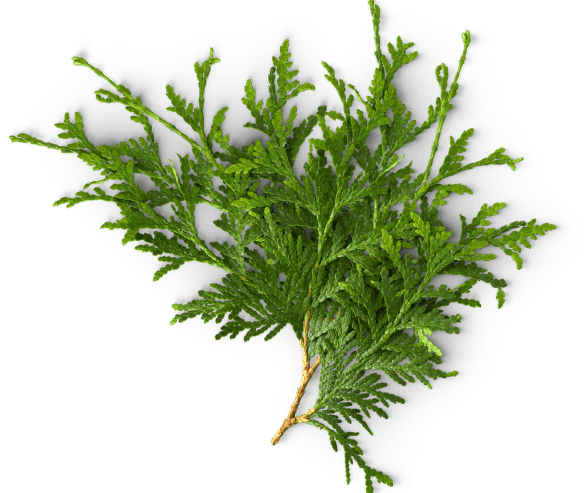
In-Person Adult Education
The IRG provides the highly successful in-person Indigenous Cultural Competence 1-day and 2-day courses, along with adaptations.
The adult education experience supports learners in their cultural competence lifelong journey, and raises opportunities to contribute to reconciliation. Topics include an overview of Indigenous Canada, cultural competence or capacity, history of Canada including residential schools and the potential of intergenerational trauma, resilience of Indigenous communities, role of ally, challenging racism, and the opportunities to contribute to reconciliation. Based in mainstream and Indigenous knowledges of adult education theory and practice, and led by Certified ICC Facilitators, participants will learn from the expert facilitators as well as learn from and teach other through discussion and interaction. The evidenced-based curriculum uses experiential and reflective learning approaches to cultural competence and safety, while upholding a strength-based perspective.
Contact for more information and scheduling.

On-Line Adult Education
The IRG’s flagship course is the Indigenous Cultural Competence and Humility course. This is one of the courses available in an asynchronous format for individual and group purchasing. Online courses are built in Articulate Rise 360 through Learndash, state of the art software with the most interaction and varied materials as possible.
See Online Courses for this course and more.
Why Build Skills for Reconciliation?
Truth and Reconciliation Commissioner Murray Sinclair has noted that “Reconciliation is about forging and maintaining respectful relationships. There are no shortcuts.” Continuing education curriculum is designed to support effective relationships, with the image of gathering around the fire to get to know each other, by first knowing our shared history on this land – a story of hundreds and hundreds of years.
The history of Canada has at times been hidden, from the original intent and long-term outcomes of the Indian Residential Schools, to the broken agreements and treaties between governments and Indigenous communities, to the ongoing struggles over competing definitions of Indigenous identity. This is the history of Canada, and when it remains hidden, it’s too easy for some to blame Indigenous for their struggles. When the facts of history are uncovered, and in safety people ask questions to learn more, then we start to build real relationship based in truth.
Once we share truth, we can start to consider reconciliation. The Calls to Action from the Truth and Reconciliation Commission, along with the United Nations Declaration on the Rights of Indigenous Peoples both set out some markers on the journey. But with any journey, it starts with one step. Many Canadians are considering what is their first step? What can I do to contribute? How can I make a difference?
This is the Indigenous Cultural Competence experience – a safe place to remember the past so we know where we are today, so that we can honestly and thoughtfully think about where we want to go in the future. An adult learning experience about your influence and potential to contribute, in supportive and strength-based discussions with others who share your passion to learn more, to do better.